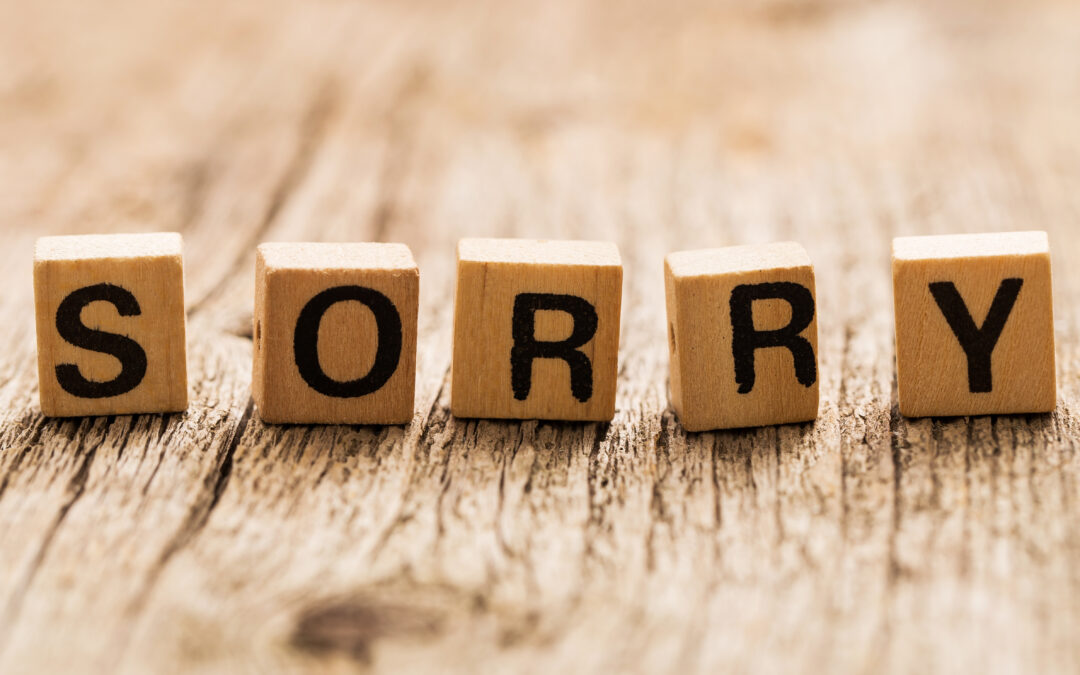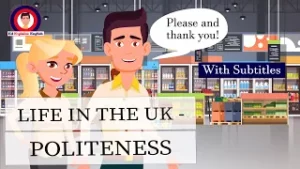I have defined some of the words (underlined) in the blog post, which you can add to your Personal Dictionary. Click on the Excel icon to download the word list to your PC or mobile device, which you can thereafter import into your Personal Dictionary. They are also listed below.
Scroll down to the bottom for links to a crossword and word search using words from this post, as well a YouTube video.
Stereotypical – Oversimplified image or idea of a particular type of person or thing
Necessity – The condition of being essential or indispensable
Culpable – Deserving blame
Utterance – A spoken word or vocal sound
Etiquette – Rules governing socially acceptable behaviour
Bundle – Push, carry, or send forcibly
Witness – See an event and report what happens
Murmuring – Quiet or subdued talking expressing a particular feeling by a group of people
Untoward – Not in keeping with accepted standards of what is right or proper in polite society
Ensue – Happen or occur afterwards or as a result
Sneeze – Sudden involuntary expulsion of air from the nose and mouth
Interruption – An abrupt occurrence that interrupts an ongoing activity
Assistance – The action of helping someone by sharing work
I have a lot of examples of differences I noticed when I first came to Germany, and one of those is politeness. Before any Germans read this and think it’s going to be a stereotypical attack on the Germans being impolite, wait! It’s not. The Germans are polite: just not as polite as the British. Let me explain.
Having been raised in a country where the necessity to use our Ps and Qs – Pleases and Thank yous – is as important as 3 square meals per day, it was quite strange to go into shops and not hear those words was a shock to the system. Moreover, the German people rarely say sorry if it’s not absolutely necessary, which is a stark difference to British people, who apologise for every little thing, even if it’s not our fault. I guess it’s quite strange for the people, who are equally to blame, to hear someone owning up to a mistake which they were equally culpable for, but we can’t help ourselves. Why do we do it? Because these simple words are a normal utterance for us. We say them without really thinking.
I know a lot of my clients and my wife find it very amusing that people queue for public transport in Great Britain. For people reading this, who haven’t been to Germany, you have to know that there is no real etiquette for queuing. Basically, the doors open and what follows is a mad bundle of passengers attempting to disembark, while those wishing to board are attempting to squeeze past people in a crazy attempt to get a seat. Therefore, our first come, first served – or seated, seems to be the fairest way. That’s why you’ll see an organised line of people, wherever people have to wait to enter somewhere. It normally prevents unnecessary arguments, and that has got to be a good thing.
I can remember queuing for a ticket at Heathrow airport and all of us in the line witnessed a young lady, possibly a student by-passing the queue and walk to the front to obtain a ticket. There were murmurings of disapproval from all of us in the queue, but heavens forbid, no one said anything. Then, the man who the lady had pushed in front of at the counter, exclaimed, ‘it’s okay, she’s German’. We breathed a sigh of relief. We knew it must have been someone who didn’t know the etiquette of queuing.
There are of course words we use before, to warn someone we are going to perhaps disturb, or we want to get someone’s attention. For this we use excuse me. If we have done something untoward and need to apologise, we say sorry. Which leads me to a funny incident that happened to my wife during our first visit to England together, after we had met. My wife wanted an old lady to take a photo of us in front of Christchurch cathedral and the following conversation ensued.
Wife: Sorry. Can you take a photo of us?
Old lady: Why are you sorry?
Wife: I’m German
Old lady: You don’t have to be sorry to be German.
This amused me so much that I don’t think I was in the right state to get the photo taken. But it just highlights the confusion caused when ‘sorry’ is used to open the conversation.
Here is a list of some polite expressions we can use.
Bless you – after someone has sneezed
Pardon me – after you have burped
Pardon? – to ask your conversation partner to repeat what they said
Excuse me – to get someone’s attention
Sorry to bother you – to apologise for an interruption before a question
You’re welcome – after someone has thanked us
I would like – when we want something. Much better than ‘I want’
May I help you? – to offer assistance
To test your knowledge, why not do a crossword puzzle, using words from this text?
Click here for instructions on how to play.
To test your knowledge, why not do a word search puzzle, using words from this text?
Click here for instructions on how to play.
To avoid spam, all comments will be held for moderation and posted once checked. All comments whether positive or negative will be published.



